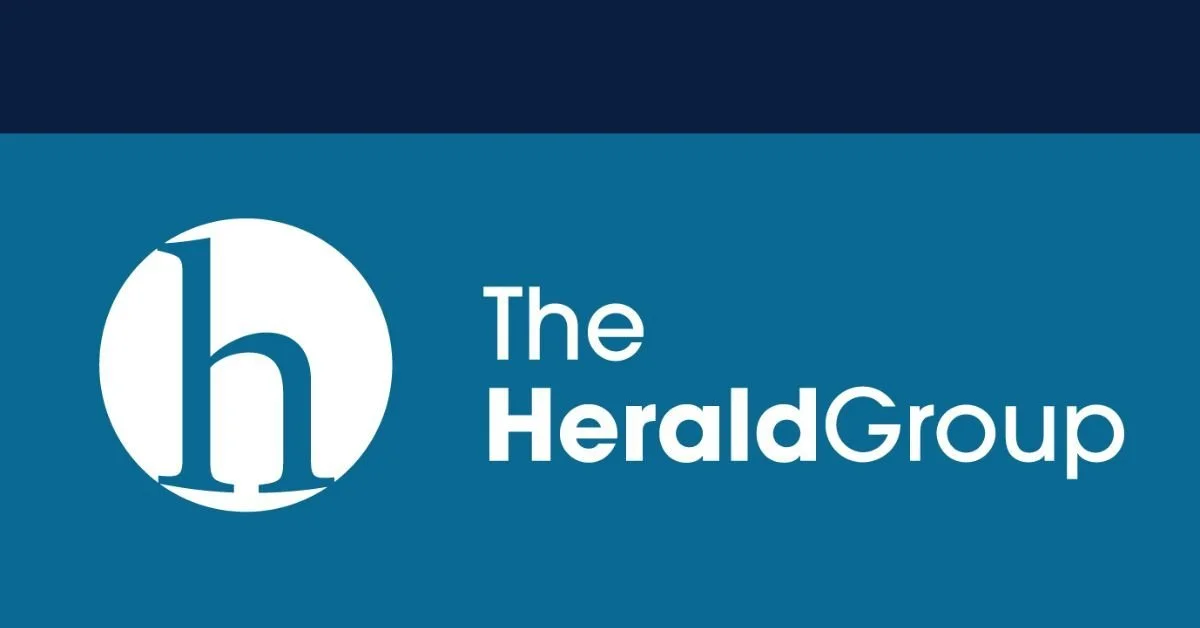Don’t Just Rely on Auto-Scheduling—Here’s Why
Nowadays there are countless tools to assist you and your organization with social media marketing. Some of the more popular programs allow users to schedule social content to be posted at a later date, saving social media managers time and sparing them the need to incessantly check their phones. Though scheduling social content can be tremendously valuable for participating in the online conversation around the clock, one big problem is often overlooked: breaking news.
Scheduled content serves its purpose – increasing your organization’s visibility and expanding the lifespan of your promoted content—but it is not adaptable to events occurring in real time. In the wake of a crisis, many organizations forget to update their social media calendar and cancel scheduled posts, leaving them prone to a full-fledged PR disaster.
For example, when a Dodge Challenger plowed into a group of protestors in Charlottesville last week, Dodge’s Twitter account remained unfortunately active. Dodge continued posting a series of what were presumably scheduled tweets to promote its annual drag races in Michigan using the hashtag #RoadKillNights. The tweets were eventually deleted three days later, giving thousands of Twitter users the chance to criticize the company’s choice of words. Dodge’s delayed response is a stark contrast to that of TIKI Brand Products, who had issued timely statements distancing themselves from the happenings in Charlottesville.
While no organization can ever anticipate such an event, Dodge’s misstep reminds us how important it is to be mindful of scheduled social content in light of a national crisis. Otherwise, it can turn into a crisis communications exercise and may impact the company’s reputation.

